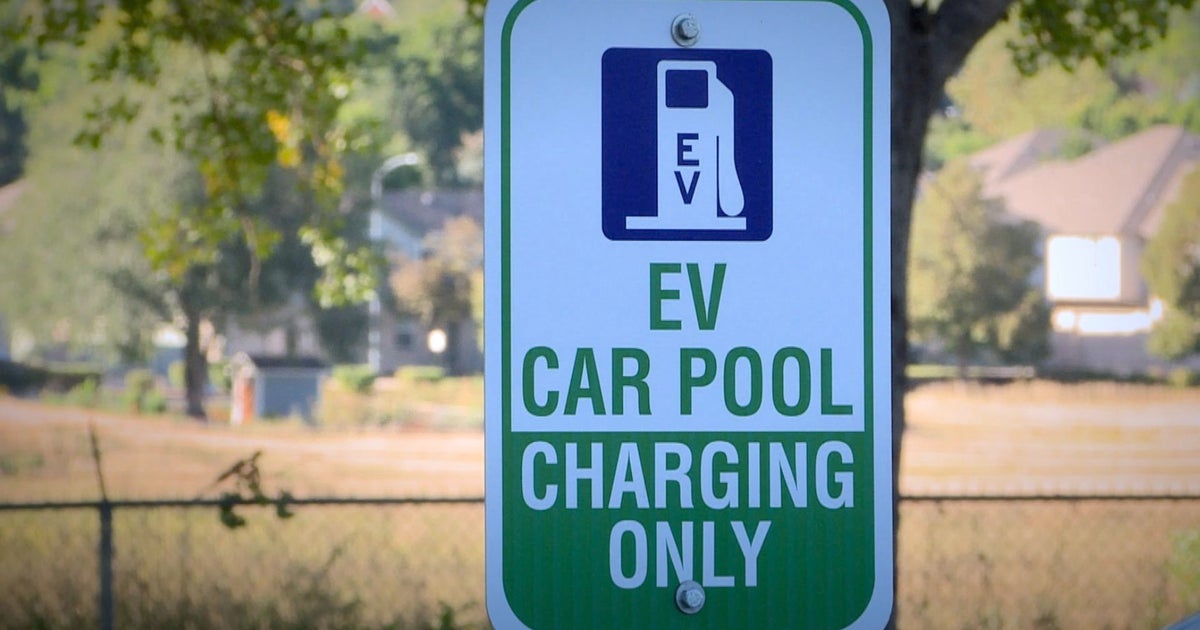
Electric vehicles have nearly 80% more problems and are generally less reliable than cars propelled by conventional internal combustion engines, according to a new report from Consumer Reports.
Plug-in hybrid electric vehicles (PHEV) have an even worse scorecard, with an average of almost 150% more problems, the consumer group found. By contrast, ordinary hybrid cars are a "bright spot," with about a quarter fewer problems than gas-powered cars, the analysis found.
Consumer Reports' latest vehicle reliability report comes as car buyers can take advantage of a federal tax credit worth up to $7,500 for purchasing an EV and as automakers roll out a host of new models. But consumers have been slower to adapt to EVs than expected, partly because they are often more expensive to maintain than traditional vehicles and require extra equipment, such as a home electric charging port.
"This story is really one of growing pains," said Jake Fisher, senior director of auto testing at Consumer Reports. "It's a story of just working out the bugs and the kinks of new technology."
The findings are based on a survey of Consumer Reports' members about problems they've had with their vehicles in the prior year. The current report included data on more than 330,000 vehicles made between 2000 to 2023, with a few reports about new 2024 models.
EV owners most frequently reported troubles with battery and charging systems, as well as flaws in how the vehicles' body panels and interior parts fit together. Consumer Reports noted that EV manufacturers are still learning to make completely new power systems, and it suggested that as they do the overall reliability of electric vehicles should improve.
Still, Consumer Reports noted that lingering concerns about reliability will likely add to the issues that give many buyers pause when considering a switch to the technology, joining concerns about higher costs, a dearth of charging stations and long charging times.
The problem with plug-ins
PHEVs may have more problems than conventional cars and electric vehicles because they combine internal-combustion engines with an electric drive, which creates additional complexity, Consumer Reports said. That means there's more than can go wrong.
Consumer Reports rates vehicles on 20 problem areas, ranging from squeaky brakes to EV charging problems, and PHEVs can experience every one of them, it noted.
Even so, the study found that there are a few PHEVs that outperform, with Consumer Reports finding that the Toyota RAV4 Prime and Kia Sportage score above average on reliability. Three PHEVs — the BMW X5, Hyundai Tucson and Ford Escape — earn average reliability scores, it added.
Most reliable automakers
The most reliable segment of the market was compact cars, followed by sportscars, small pickups, midsize and large cars, luxury midsize and large cars. The top-ranked model for reliability is Toyota's 4Runner, the publication said.
Here are the top 10 automakers, ranked by reliability:
- Lexus
- Toyota
- Mini
- Acura
- Honda
- Subaru
- Mazda
- Porsche
- BMW
- Kia
The five lowest-ranking brands were Jeep, Volkswagen, Rivian, Mercedes-Benz and Chrysler.
—With reporting by the Associated Press.
"electric" - Google News
November 30, 2023 at 02:40AM
https://ift.tt/2IlMB8v
Electric vehicles have almost 80% more problems than gas-powered ones, Consumer Reports says - CBS News
"electric" - Google News
https://ift.tt/S6J0CUr
https://ift.tt/rHj2tY7
No comments:
Post a Comment